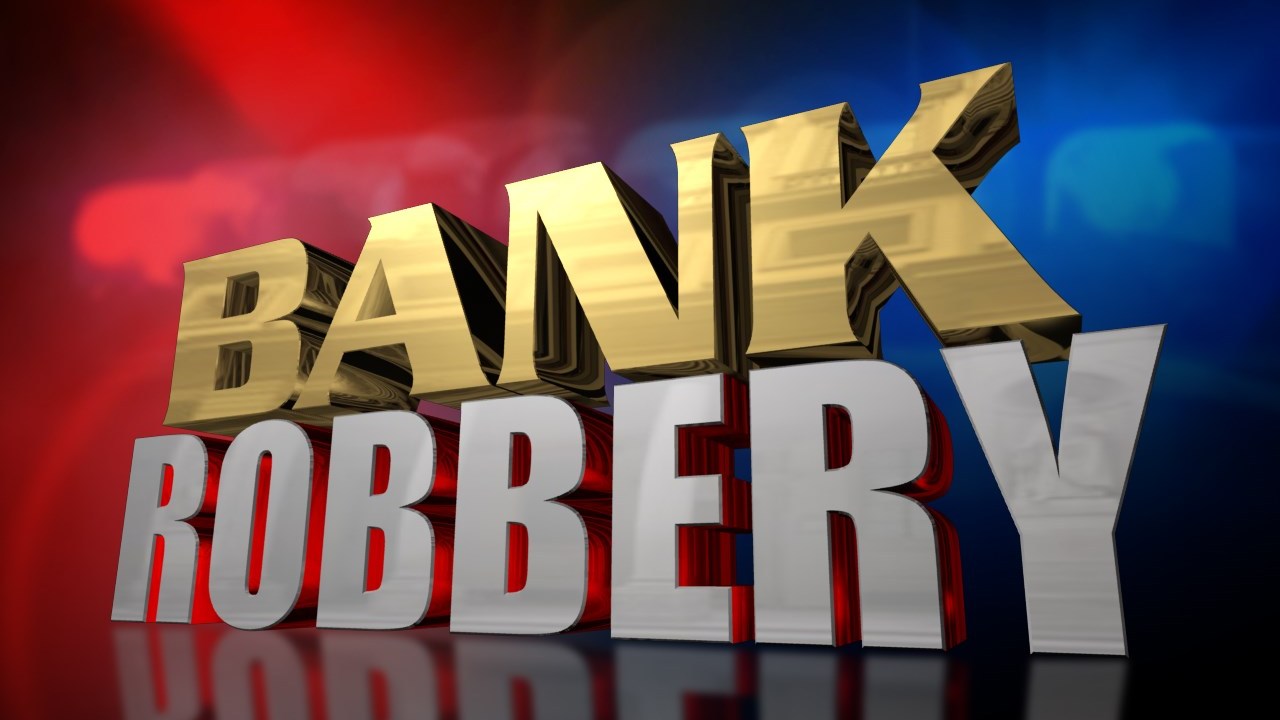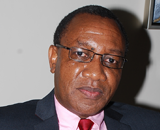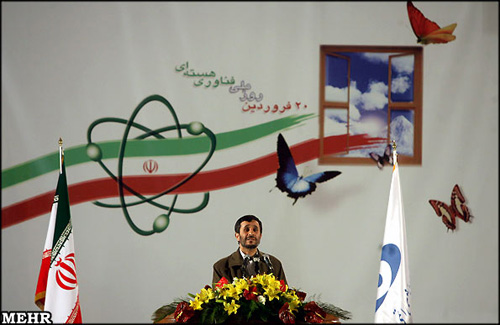 The International Monetary Fund (IMF) has stuck to its guns on the value of the Malawi kwacha, saying its assessment still shows that economic problems being experienced in the country can only be addressed through a devaluation and liberalisation of the exchange rate.
The International Monetary Fund (IMF) has stuck to its guns on the value of the Malawi kwacha, saying its assessment still shows that economic problems being experienced in the country can only be addressed through a devaluation and liberalisation of the exchange rate.
Speaking to journalists on Saturday in Lilongwe at the end of the fund’s staff mission, IMF Mission Chief for Malawi Tsidi Tsikata said the Malawi kwacha exchange rate should be moved ‘closer’ to that on the parallel market and be made flexible to control spiralling commodity prices and restore vibrant private sector activity in the country.
“Of course, the parallel [black market] rate has some risk premium in it. But the official rate still has to move closer to that to correct the imbalances on the market,” said Tsikata.
This means the kwacha has to be devalued to between K280 and K300 to the United States dollar based on the prevailing black market rates on the streets of Blantyre and Lilongwe cities.
Minister of Finance and Development Planning Ken Lipenga, who was present at the press conference as an observer, said the government is currently coming up with a comprehensive package with specific measures to address the economic problems in the country.
“The package will form the basis for discussion with the IMF and other donors whose support will also be essential for the successful implementation of the measures,” said Lipenga.
The IMF has since indicated that it will still wait for government decision of the restoration of its “off-track” Extended Credit Facility (ECF) with Malawi, which expires in February 2013, and that it has no plans to close its offices in the country.
“It’s really up to the government to decide whether to have a programme with the fund. There are many countries that are members of the IMF that do not have a programme with the fund. Even without a programme, our engagements with Malawi will continue because the country is a member of the fund,” said Tsikata





No comments! Be the first commenter?